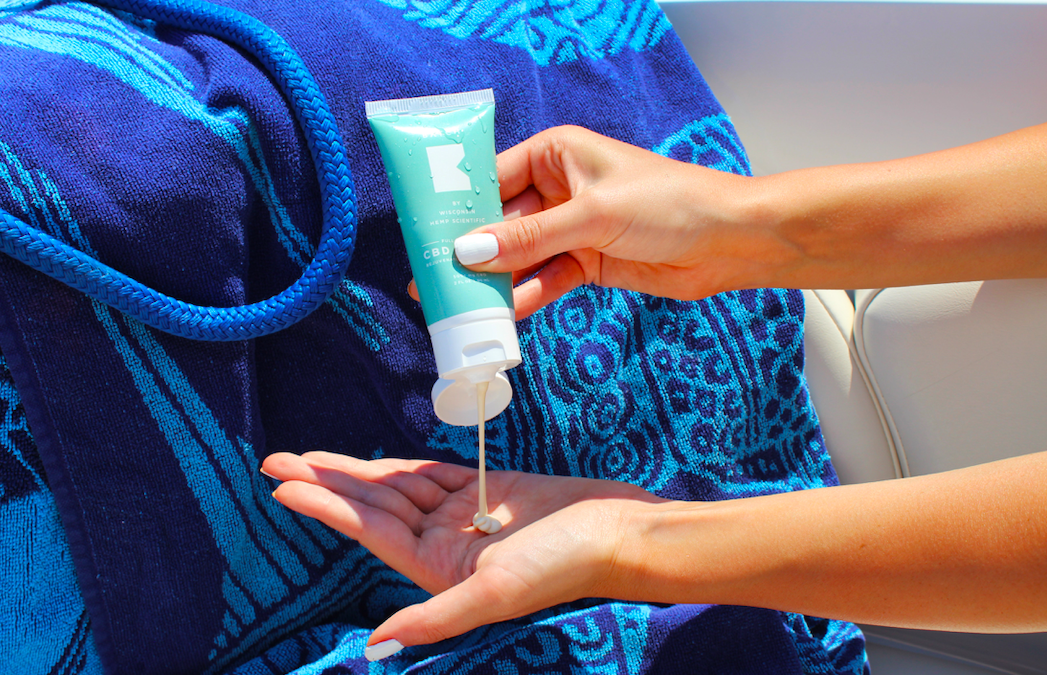May means more than the return of the Lowcountry summer sun. It’s also Skin Cancer Awareness Month! Each year, medical professionals and patients alike come together to spread awareness that can help save lives from this deadly disease that affects one in five Americans throughout their lifetime. At Fetter, our team is committed to providing you with reliable, high-quality care that extends beyond our offices.
With beach days and cookouts well underway, we encourage you to use this blog as a sun safety guide. Protect yourself today, tomorrow and every day to keep yourself and your loved ones safe and smiling in the Palmetto State sunshine.
What is skin cancer?
Skin cancer occurs when the body’s unable to control the production of irregular skin cells in the skin’s outermost layer. Due to damaged DNA, these irregular cells continue to multiply, causing cancerous tumors to form. This type of cancer is most commonly caused by extended and unprotected exposure to harmful ultraviolet (UV) rays and affects all skin types – regardless of race.
There are several forms of skin cancer, including basal and squamous cell skin cancer, melanoma, Merkel cell skin cancer, Lymphoma and Kaposi sarcoma. While these diseases can affect everyone, certain characteristics may put you at increased risk, according to the Center for Disease Control and Prevention (CDC), such as a lighter complexion, skin that burns or freckles easily, a family history of skin cancer and more.
Signs of skin cancer may include:
- Unusual discolorations of the skin
- Irregularly shaped or spreading skin spots
- New spots or moles on the skin
- Sores that do not heal
- Red or swelling moles
The American Cancer Society offers a full list of signs with example images in their guide, “How to Spot Skin Cancer.”
How can I protect myself from skin cancer?
Skin cancer is dangerous, but it’s also highly preventable! While regularly scheduled screenings and doctor’s office visits are your best strategy for early detection, there are many simple steps you can take right now to help protect yourself and your loved ones from this deadly disease.
- Apply sunscreen when heading outdoors. Sunscreen is your most important weapon in the fight against skin cancer. Always use a broad-spectrum (UVA/UVB) sunscreen. Those of SPF +15 are recommended for daily use, or SPF +30 with water resistance for extended periods outdoors or physical activity, especially after swimming or sweating. Reapply sunscreen every two hours in the second scenario.
- Cover unprotected, exposed skin. If you are heading out without sunscreen, you should wear clothing that will conceal any unprotected skin from the sun’s harmful UV rays. Darker, tightly woven materials are better here than see-through clothing. A large brimmed hat and UV-blocking sunglasses can also provide extra defense to your eye, head, face and shoulders.
- Find shade when possible. The sun’s rays are at their strongest between the hours of 10 a.m. to 4 p.m. During this time, try finding yourself a nice shady spot to escape and relax. This can be beneath the comfortable shade of a big tree or under your beach umbrella.
- Avoid indoor tanning. Tanning in and of itself is not necessarily a sign of healthy skin. In fact, it’s evidence of skin damage! Avoid any forms of indoor tanning, such as tanning beds and sun lamps, as these methods expose users to high UV levels, which can cause skin cancer, cataracts and eye cancer.
- Perform monthly self-exams. While your medical provider will be able to detect signs of cancer during your annual screenings, monthly self-exams act as an extra line of defense for your skin health. No one knows your body better than you! If you notice unusual skin features like those above, reach out to your doctor and schedule an appointment.
Fetter is here in the fight against skin cancer!
If you believe you’ve detected signs of skin cancer, Fetter Health Care Network is here for you! Our reliable medical team can provide assistance and referrals with a catalog of dermatology professionals in our health care network. Contact us today to schedule an appointment with our team, or visit our site to learn more about our full list of services.

